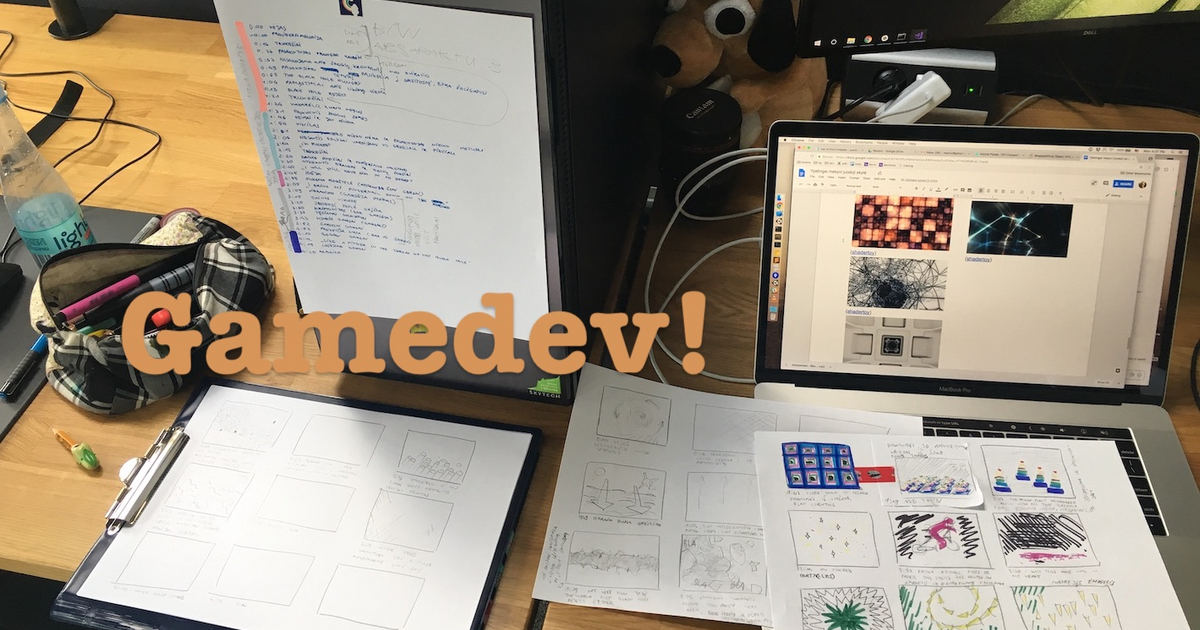Recent searches
Search options
@what @cwebber let me know if this helps: we're trying to do for p2p, decentralized apps what things like rails and django did for web 2.0 apps. that is: we want to give you a technology stack that lets you focus on the business logic of your app and have the output be both secure and decentralized.
I can highly recommend taking a look at the pear runtime. If you are familiar with nodejs javascript, all it takes is:
`npm install pear -g`
and then
`pear run pear://runtime`
to get started. Just follow instructions.
This runtime is part of the @dat_ecosystem and JS was choosen to exactly provide an easy way for anyone to get started with p2p.
an example cross platform app is https://keet.io
runtime docs are here https://docs.pears.com
have fun
@serapath @what @cwebber @dat_ecosystem I am looking at the docs and it appears to be blockchain based, or at least uses something similar? is that correct? specifically looking at hypercore as it appears to be the central component https://docs.pears.com/building-blocks/hypercore
@serapath @what @cwebber @dat_ecosystem also I tried to look into keet but I can't find the source code. is it proprietary?
@dthompson @what @cwebber @dat_ecosystem
yes. keey UI/UX is proprietary at the moment.
The p2p stack, the dat/hyper stack and the bare/pear runtime it is built on top of is open source.
The holepunch team said they open source keet when it hits beta, but i guess we'll have to wait and see.
In the mean time, other messengers, like https://cabal.chat and more than 20 dat ecosystem projects use the same stack as well.
two noteworthy ones are:
1. peerviewer
2. and https://holesail.io

